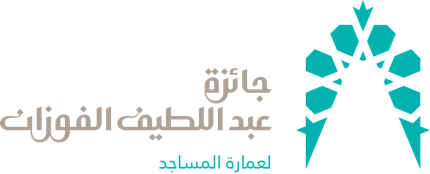
Turkish-Dutch Mosques and the construction of transnational spaces in Europe
تاريخ الاضافة
25/07/2019
نوع المحتوى
Dissertation
Category
Ph.D.
الرابط للمحتوى
Subject Area
Turkish-Dutch Mosques and the construction of transnational spaces in Europe
الكاتب
Murat Es
الوصف
This dissertation examines the production of transnational Turkish-Muslim identities and ethno-religious spaces in the Netherlands by focusing on the contested construction, meanings, and operations of mosques controlled by immigrants and citizens of Turkish background. The Turkish-Dutch form the largest ‘non-native’ minority group in the Netherlands. Organized under multiple and competing organizations, Turkish Islamic communities control nearly half of the 500 mosques in the country. As elsewhere in Europe, the long existent ‘invisible’ mosques –converted from idle schools, factories, and church buildings—are being complemented by recently established mosques that are purpose-built with identifiable architectural features. At the same time, parallel to the rise of increasingly popular discourses on ‘failed multiculturalism’ across Europe, mosques have become signs of ghettoization, urban decline, and failed integration for many in the Netherlands.
Departing from the focus on mosques in relation to radicalism and Muslim claims
to public space that characterize most studies on European mosques, this dissertation
approaches mosques as dynamic and contested sites that play an important part in the
production of ethno-religious subject positions. Building on recent scholarship in cultural
geography, I investigate the relationship between the contested construction of mosque
spaces and Turkish-Dutch identities through transnational imaginaries and everyday
material practices. In ten months of field research, I collected data through participant observation, interviews with mosque administrators, imams, and civil society
representatives, and focus group meetings with activists, youth, and women involved with
mosques controlled by various organizations. My argument is that mosques play a
seminal role in the production of ethno-religious belonging and highly gendered moral
citizen-subject positions through not only public rituals but also mundane, quotidian
spatial practices. My research findings indicate that the morally safe experiences of
socialization provided by mosques are becoming increasingly central to the operations of
mosques. Mosques also gain significance as spaces of carefully orchestrated as well as
chance encounters and interactions between the Turkish-Dutch, other Muslim groups, and
the native-Dutch through interfaith dialogues and Open Days. These events are crucial to
the (re-)drawing of boundaries between Turkishness, Dutchness, Islam, Europe,
Christianity, and secularity
Files
English
Murat Es
the faculty of the University of North Carolina.
2012





